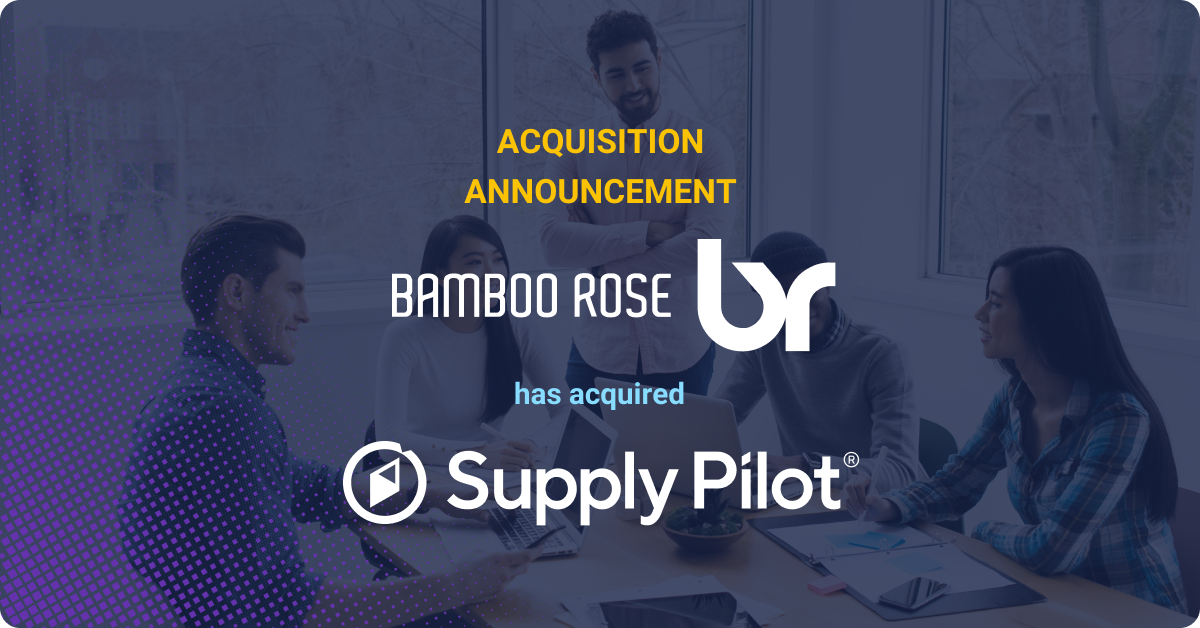With the current focus on Net Zero, an oft-quoted statistic is the high percentage of emissions in the supply chain. For manufacturers, retailers, and CPG brands, it is typically 70% to 80%+.
In discussions with one distributor recently, they confirmed their Scope 3 to be over 95%.
But it is not just Scope 3. It is responsible sourcing. Human rights and social due diligence. It is green chemistry. It is sustainable packaging. It is biodiversity. For most companies, over 95% of natural capital is in the supply chain.
But, importantly, as one person put it to me last week, 99% of the complexity is in the supply chain.
This is why supplier engagement is so important: quality communication, relationship management, supplier education, and capability building. So, why do so many of the solutions revolve around charging suppliers? How many people propose to their future partner and then attempt to charge them for the engagement ring? The idea is incredulous, isn't it?
Now, think about supplier engagement.
Why is it okay to charge suppliers – make them 'pay to play'? It is worse than my engagement ring metaphor because it isn't even an option for many; it is mandated.
We believe that the only way to successfully achieve the sustainable transformation required for brands, businesses, and the environment is an inclusive approach. It cannot solely be focused on the top X%. Yes, we will always, logically, put our effort where we can have the greatest impact. But that cannot be at the expense of supplier education and capability across the supply chain.
I speak elsewhere about this in the context of Marginal Gain Theory (if you want to learn more, you can watch the video here). The cumulative impact of working with all your suppliers, with the added benefit that innovation often comes first from those smaller and more agile suppliers.
But supplier-funded models are a barrier to engagement. As a Board at Supply Pilot, we took the strategic decision to maximize engagement and, therefore, maximize the impact across all pillars of ESG through an issue-agnostic online Platform that is not based on suppliers paying to play.
Let me use another metaphor. We think [this] charity is really important, and therefore we are going to mandate that all our staff must make a donation to [this] charity. Equitable? No. Does it really show a commitment to the charity? No.
So why is it reasonable to make a brand commitment to (say) human rights or decarbonization and then mandate that suppliers must pay for a specific certification or pay to access a specific system?
At Supply Pilot, we consistently achieve best-in-class supplier engagement for our clients – typically 80%+ response rates within a matter of weeks – and that is because the engagement message is genuine. The brand narrative and call to action are clear. The process is inclusive, and there is no cost barrier to engagement.
One of the biggest concerns we get from clients is "survey fatigue" on suppliers with a regular stream of surveys and data requests. Unfortunately, when it is Your strategy. Your products. Your brand, it is hard to avoid the need to ask suppliers to engage in a process.
Therefore, make the engagement quantitative and qualitative. Engage suppliers at the outset to inform strategy rather than mandate a path, such as with our Kickstart Assessment. Allow your strategy to meet your suppliers where they are on their own journey.
Engage suppliers in the end goal and objective. Resist mandating the 'how', which can stifle innovation and bring unintended consequences and/or costs.
And if you want maximum engagement and maximum impact, don't make suppliers pay to play.




